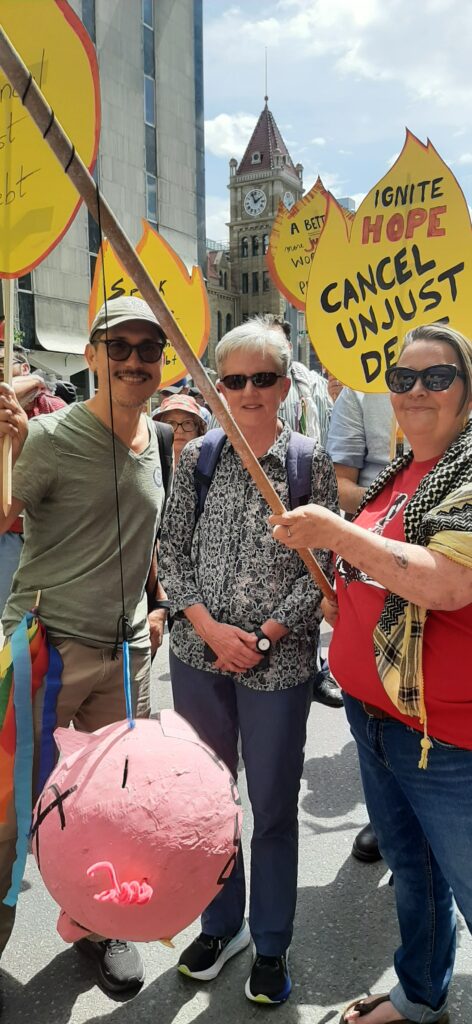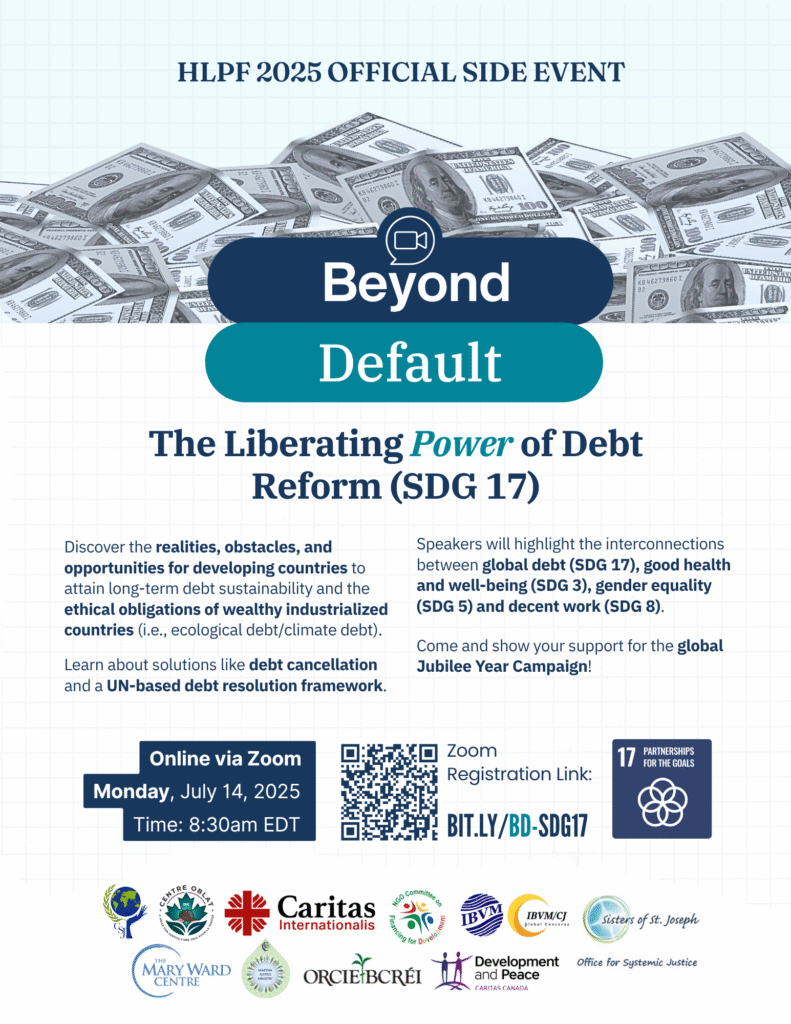ORCIE has joined organizations from across Canadian civil society to call upon the government of Canada to fulfill our fair share of the global effort to confront the climate crisis.
Canada cannot take on the climate crisis alone. As one of the world’s top polluters and wealthiest countries, we must do our fair share globally, not just at home. As the 30th annual UN Climate Change Conference (COP30) approaches, Prime Minister Carney has a generational opportunity and responsibility to lead boldly on climate justice, economic transformation, and international solidarity.
Why this matters
The climate emergency was created and is accelerated by a deeply unjust global economic system that is unfairly distorted against Indigenous communities and the Global South. The time has come to reckon with Canada’s role in the international community. Canada can show leadership in supporting energy transitions around the world. We can also help transform unfair systems that have become barriers to climate action.
Doing our fair share means building a new package of support to the international community from the Canadian government – rooted in justice and led by social movements.
- Triple Canada’s climate finance to support the Global South with grants, not loans.
- Cancel unjust Global South debt and free billions for climate solutions.
- Make big polluters and the ultra-rich pay their fair share.
- End trade rules that undermine climate action.
Individuals are encouraged to sign the petition to send these demands to the Prime Minister and key cabinet ministers.
Religious congregations are invited to sign on as an organization and can do so through this form.
Read the full platform for a detailed breakdown of how Canada can do its part in the global climate fight. The Platform is a living document that is growing and evolving as our Fair Share movement expands.






